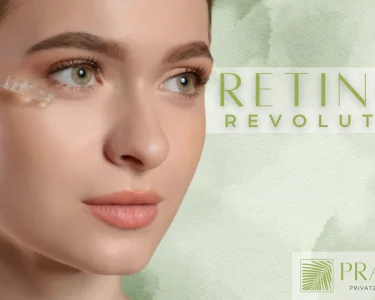Introduction:
Gray hair is a natural part of the aging process, but when it appears prematurely, it can raise concerns about your health. While genetics play a significant role in graying hair, there are other factors that could contribute to the early onset of gray strands. In this article, we will explore what your prematurely gray hair might be trying to tell you about your health. Understanding the potential underlying causes can help you address any health concerns and make informed decisions about your well-being.
1. Nutritional Deficiencies:
Premature graying can be a sign of nutritional deficiencies, particularly deficiencies in vitamins and minerals such as vitamin B12, vitamin D, copper, and zinc. These nutrients play essential roles in maintaining hair health and pigmentation. If your diet lacks these nutrients or if your body has difficulty absorbing them, it could lead to premature graying. Consider incorporating foods rich in these nutrients or discussing with a healthcare professional whether supplements may be necessary.
2. Stress and Oxidative Stress:
Excessive stress, both physical and emotional, can have a detrimental impact on your overall health, including your hair. Stress and oxidative stress can contribute to premature graying. Chronic stress can disrupt the normal functioning of your body, affecting the production of melanin, the pigment responsible for hair color. Finding healthy ways to manage stress, such as practicing relaxation techniques, exercising regularly, and getting enough sleep, can help mitigate its effects on your hair and overall well-being.
3. Genetics and Family History:
Family history and genetics are major contributors to premature graying. If your parents or close relatives experienced early graying, there is a higher likelihood that you may experience it as well. While you can’t change your genetic makeup, understanding the role genetics play can help you better manage your expectations and focus on maintaining overall hair health.
4. Medical Conditions:
Certain medical conditions can be associated with premature graying. Conditions such as thyroid disorders, vitiligo, alopecia areata, and autoimmune disorders can impact the production of melanin and lead to premature graying. If you notice sudden or extensive graying, it is advisable to consult with a healthcare professional to rule out any underlying medical conditions that may require treatment.
5. Lifestyle Factors:
Unhealthy lifestyle choices, such as smoking, excessive alcohol consumption, and poor diet, can contribute to premature graying. Smoking, in particular, has been linked to accelerated hair aging and graying. Adopting a healthy lifestyle that includes a balanced diet, regular exercise, and avoiding harmful habits can support overall hair health and delay the onset of premature graying.
Conclusion:
While going gray early can be disconcerting, it doesn’t always indicate a serious health concern. However, it’s essential to pay attention to your body and understand the potential underlying causes of premature graying. If you have concerns about your hair or overall health, it’s recommended to consult with a healthcare professional or dermatologist. They can assess your individual situation, perform any necessary tests, and provide personalized advice to address any underlying health issues. Remember, embracing your natural hair color is a personal choice, and maintaining good overall health should always be a priority.




